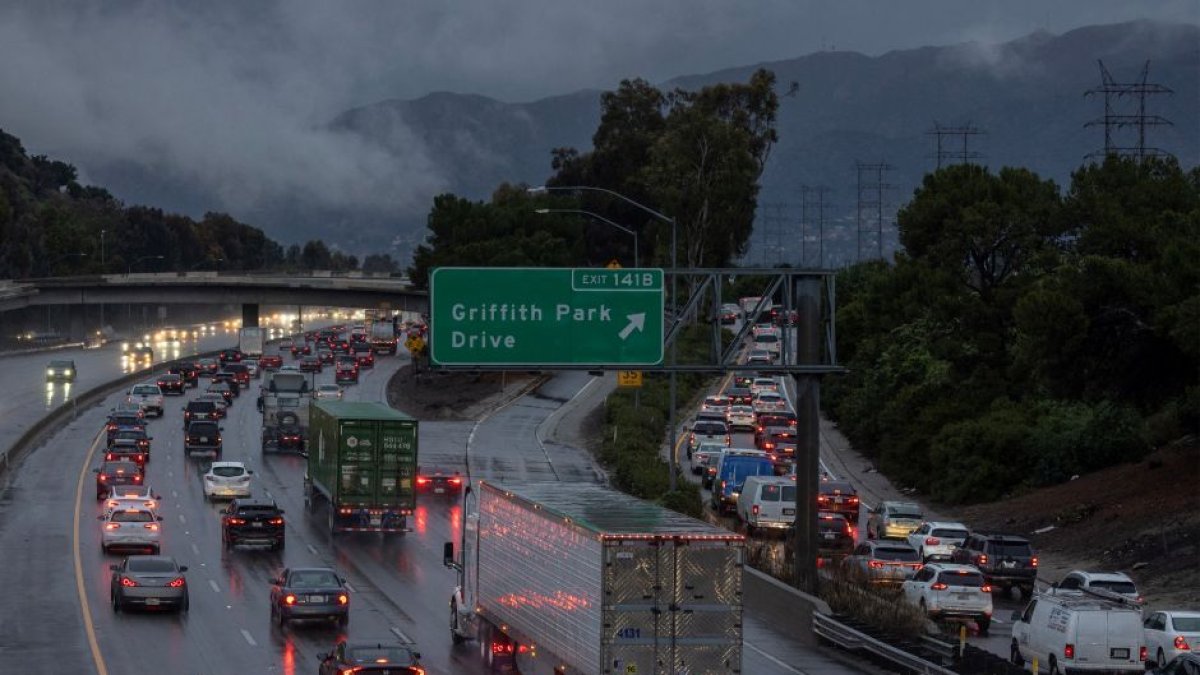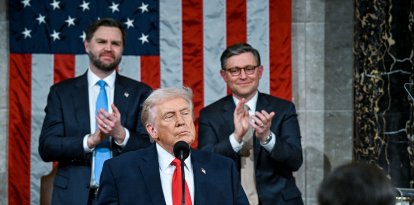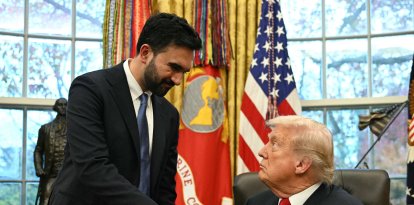House of Representatives blocks California rule banning gasoline-powered cars
The Republican-driven measure passed with 246 votes in favor and 164 against, using a legislative mechanism known as the Congressional Review Act.

Traffic on the Interstate Freeway in Los Angeles
The House of Representatives voted Thursday to repeal California's environmental rule that seeks to phase out the sale of new gasoline-powered cars by 2035. The Republican-driven measure was approved with 246 votes in favor and 164 against, using a legislative mechanism known as the Congressional Review Act (CRA).
This tool allows Congress to override recent regulations with a simple majority, provided the president also approves. However, in this case,the Government Accountability Office (GAO), an independent body that legally advises Congress, warned that the California rule does not qualify as a repealable regulation under the CRA because it is a waiver granted by the Environmental Protection Agency (EPA).
A direct challenge to Congress's auditor
Despite the GAO's warning, Republican lawmakers moved forward with the vote, in what represents the second consecutive challenge to the agency's legal criteria. Last Wednesday, the House also voted to reverse waivers related to clean trucks, another environmental measure promoted by California and authorized by the EPA.
The move reinforces the Republican bloc's stance on environmental policies they consider excessive.

Just The News
Trump's energy policy may save US from blackouts like those hitting Spain, Portugal, experts say
Just The News / Kevin Killough
Senate implications and possible legal showdown
In the Senate, Republicans have also expressed interest in stopping California's environmental policies, but face similar obstacles. The Senate parliamentarian, who is charged with overseeing procedural compliance, has already determined that these exemptions cannot be overturned through the CRA. Even so, some senators are considering challenging that opinion.


























